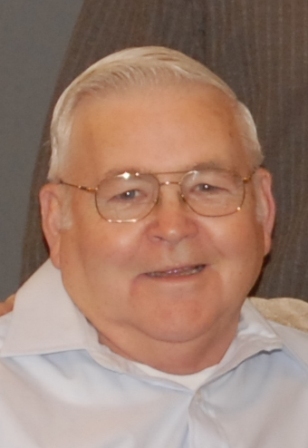

New diseases were able to catch hold in city centers.



(In general, ancient hunters and gathers were much healthier than their sedentary counterparts.) In fact, the epic poem the Odyssey dates back to just one of these “dark ages” before it was eventually written down when a new state was formed that invented a written alphabet.īelow I’ve copied in some of my notes on key take-aways and some quotes from the book: In fact, the collapse of the state probably meaningfully improved the lives of those citizens who no longer had an overbearing tax man to pay and an easier time feeding and caring for their family. Historians often refer to the inter-state periods after a collapse as “dark ages”, and Scott make the compelling point that while those times may be dark to us, from an archaeological-record point of view, to the people living in those times the ages were probably anything but dark. For most of history the majority of the human population lived outside of the control of formal states, and our focus on studying the ruins of high-powered states probably leaves out the experience of how the majority of humanity lived. The over-arching thesis is that, in contrast to the way these states are generally portrayed in the history books, these early states were actually incredibly fragile - our historical focus on these states has generally been because … those are the ruins we have to study. If you’re going to read one of the two books, I’d probably recommend Seeing Like a State over Against the GrainĪgainst the Grain provides a study of early states and how they developed (e.g., in Mesopotamia) and Scott makes a few really interesting assertions that I had never thought about. Seeing Like a State showed how governments systematize and abstract information about a populace in order to make it visible, measurable, and above-all administrative - in particular, Scott talks a lot about how that process of abstraction necessarily loses important on-the-ground information and that this explains why top-down state-mandated agricultural programs tend to fail: because the state just doesn’t have (and really, can’t have) sufficiently detailed information to be able to make the sorts of expertise-driven location-specific decisions that agriculturalists have to make every day in order to maximize their yields. “I went for a week and stayed for a year.This year I read both Seeing Like a State and Against the Grain, two books by anthropologist James C. “I had worked tirelessly for the better part of two decades to attain wealth and validation, yet no external thing could touch the emptiness I felt and the worthlessness I experienced.” Scott decided to face his “despair and depression” in order to change his life, which led to an Indian meditation center. The former actor runs a website called The Whisper Within, where he starts off by explaining, “In 2014, after a successful career in the entertainment industry, I found myself with everything and nothing.” Despite having “money, celebrity, and status” he revealed the grief that came along with the perks of Hollywood. Many may not know, but Scott is doing something very different these days. More: Kristian Alfonso’s co-stars say goodbye… or try to For those who have been waiting for news on the actor’s return, we have some answers for you – straight from the man himself… Many Days of Our Lives fans have expressed their want (and need!) for actor James Scott to return to the role – a role he played on and off from 2006 until he departed the NBC soap opera in 2014. There has been a lot of buzz surrounding EJ DiMera these days, considering Sami Brady left Salem not too long ago to head back to Rome to check in on him. Days of Our Lives alum confirms his daytime status – and what the future holds.


 0 kommentar(er)
0 kommentar(er)
